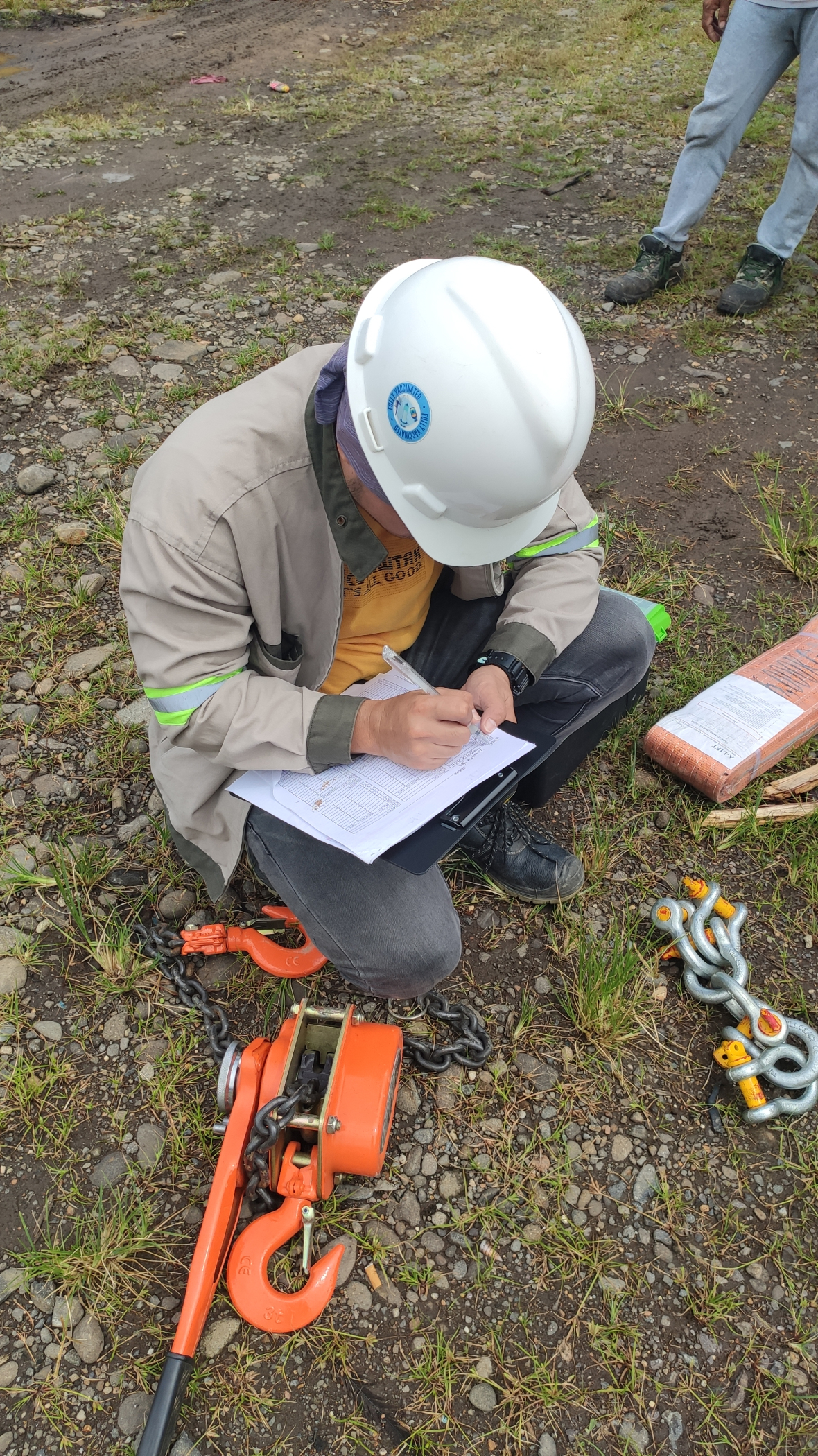First Phil is comprised of professional, skilled, and most importantly, qualified individuals dedicated to making workplace a safer place to be. You lessen the chances of breakdowns, delays, and accidents. You increase your productivity and everyone's peace of mind.

